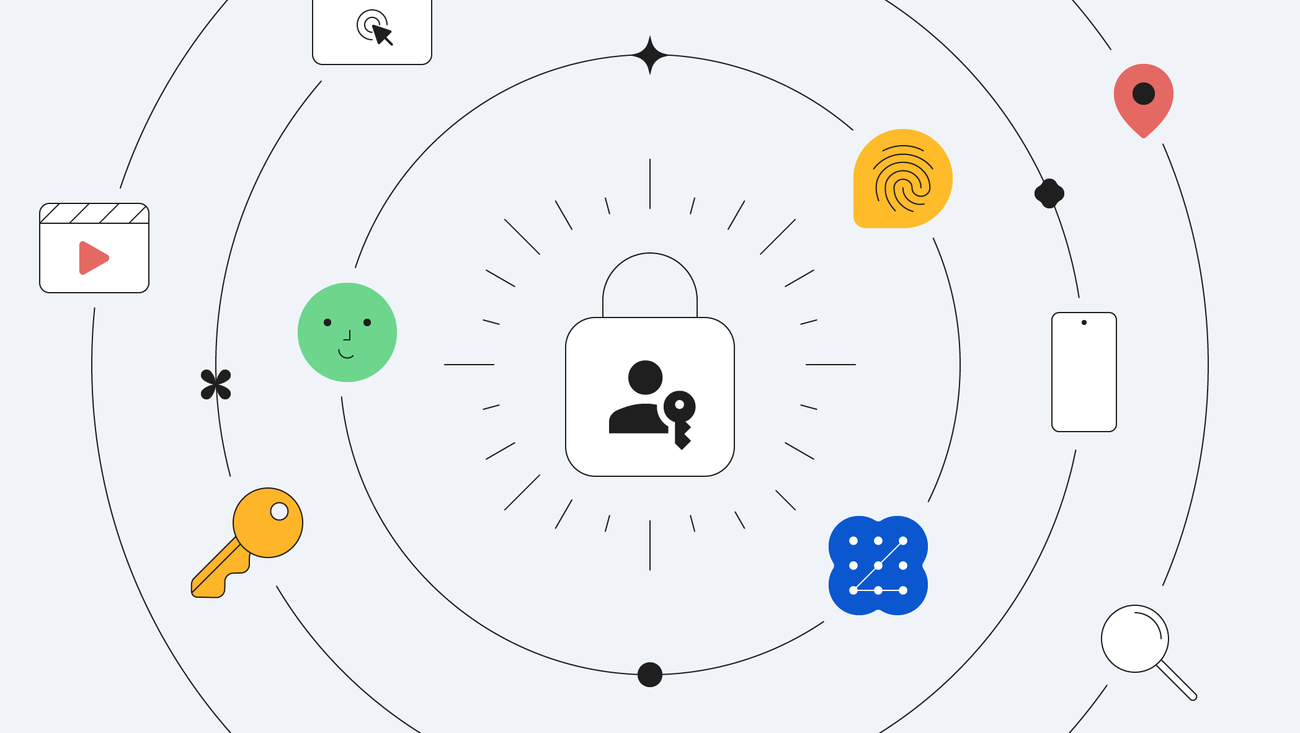silversurfer
Super Moderator
Thread author
Verified
Top Poster
Staff Member
Malware Hunter
Forum Veteran
- Aug 17, 2014
- 12,738
- 123,886
- 8,399
Source: Google makes passkeys the default sign-in method for all users | TechCrunchGoogle has announced that passkeys, touted by the tech giant as the “beginning of the end” for passwords, are becoming the default sign-in method for all users.
On Tuesday, the company took a step closer toward killing off the password with the announcement that it’s making passkeys the default authentication method for all Google Account holders.
“This means, next time you sign in to your Google Account, you’ll start seeing prompts to create and use passkeys, simplifying your future sign-ins,” said Google product managers Christiaan Brand and Sriram Karra. “Our goal is the same as it has always been, giving you technology that is secure by default, so that you have the strongest security but without the burden.”
Google says that since the launch of passkeys for Google accounts, 64% of users have said they find passkeys easier to use compared to traditional methods like passwords and two-step verification.
Google says that it encourages all users to start using passkeys as their primary sign-in option. TechCrunch recommends this too, as while setting up passkeys might seem like a chore, it’s an investment that can save you from a potential security disaster down the road. It could save you valuable time, too, as Google claims that logging in via passkeys is 40% faster than using a password.

Passwordless by default: Make the switch to passkeys
Google is making it even easier to get started with passkeys by offering the ability to set them up for all users — by default.




